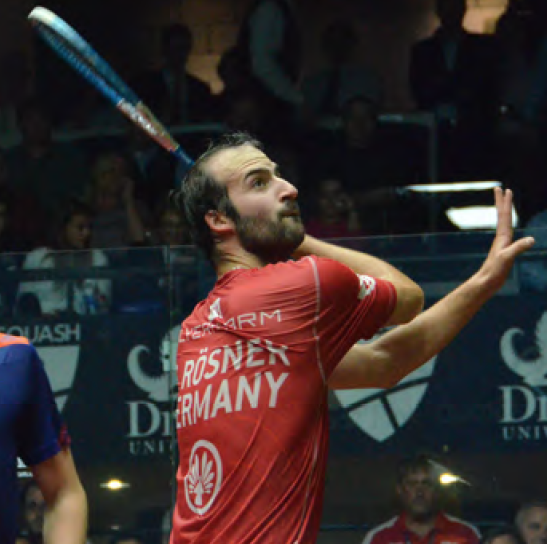By Damon Leedale-Brown, Sports Scientist and Conditioning Specialist
In a diversion from the usual context of my articles around physical training, I wanted to venture into probably the most critical factor in influencing success in any competitive sporting environment—the mind!
Let’s consider one mental attribute that, while not necessarily guaranteeing victory, will at the very least allow you to perform to the best of your ability and, therefore, put yourself in a position to win:
Self-Belief
In psychology, self-efficacy is the extent or strength of one’s belief in one’s own ability to complete tasks and reach goals. By determining the beliefs a person holds regarding his or her power to affect situations, it strongly influences both the power a person actually has to face challenges competently and the choices a person is most likely to make. Clearly an individual’s self-belief can influence all aspects of their life, and the sporting arena is a great example of where self-belief is paramount to success.
Consider this quote from German pro player Simon Rösner who is currently making great strides up the world tour rankings: “I know I am not too far off those top-10 ranked players and can actually beat them on a good day, or at least make them work very hard for their win!”
Maybe not surprisingly, Simon has had wins against top-10 players in his last two events! He is clearly confident in his abilities as a player, and this belief comes not only from his recent results, but also from the knowledge of all the focused and purposeful training over many years that has taken him to this level.
I truly believe that preparation is key to your self-belief. It is hard to have high levels of confidence in your abilities going into an event if you know your fellow competitors have prepared much better than you—and have shown higher levels of commitment towards their training. This is where you need to be honest with yourself. Don’t expect great results if you have not put the work in, and do not be surprised if you start to lack belief in key stages of matches when, deep down, you know your preparation has been lacking.
Equally, I see many young players whose belief systems let them down before they have even stepped on court with their opponent: “I am not fit enough or good enough to play at this level;” “this player is ranked much higher than me so I have little chance of winning;” “this player beat me badly last time so it’s probably going to go that way again.” If you have qualified for a tournament, by right you deserve to be there and should approach every match with belief in your abilities and the goal of making it as difficult as possible for every opponent you play— win or lose.
In many players there is also the big fear of failure. I am not saying you should be happy to lose, but at the same time a fear of losing can have a major impact on your self-belief and confidence. Much of who we are as individuals and how we develop in life is based around making mistakes and having failures, and learning positively from these experiences. If you never fail then you are probably not challenging yourself enough. Consider the words of Malaysian world No. 1 Nicol David: “A lot of people I know hate losing, but I learn more from those losses to improve further. Once I’m aware of the mistakes, then I can deal with it better and move forward afterwards.”
Unfortunately, irrational beliefs in young athletes are often fueled by the response to failure shown by parents and coaches. It is hard for a young athlete to have strong self-belief systems if they feel rejected when they lose; that everyone is disappointed in them; that taking risks is dangerous; that being less than perfect is not acceptable.
If you are a player, consider the strength of your self-belief systems. Do you approach every tournament and match with a high level of conviction and confidence in your abilities? If not, consider the reason for any self-limiting beliefs: are you scared of failure? Have you simply not put in the work? Are you too easily influenced by the negativity and doubts of others?
As a parent or coach be sensitive to the negative or positive influence your actions, words and body language can have on the self-belief of a young athlete.
“It’s a lack of faith that makes people afraid of meeting challenges, and I believe in myself.” –Muhammad Ali






